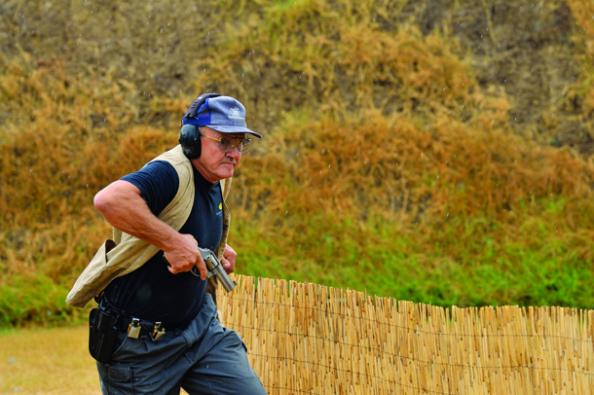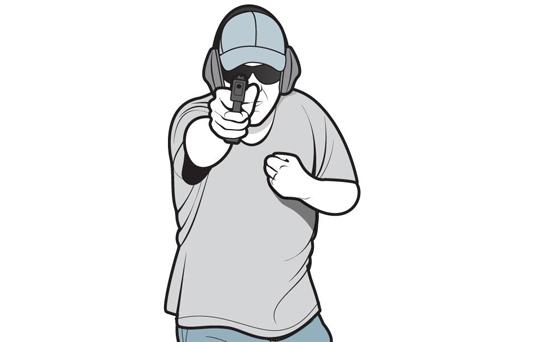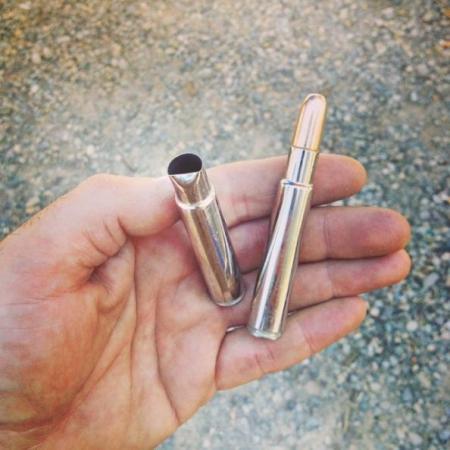We may earn revenue from the products available on this page and participate in affiliate programs. Learn More ›
A widespread spasm of garment rending followed Winchester’s announcement, a few months back, that firearms production would cease forever at its historic New Haven, Conn., site. My office phone jingled like bells on a runaway sleigh horse for days with people wanting to know whether the rumors were true that their beloved Model 70 and Model 94 rifles would no longer be made. Opportunistic souls, sensing increased demand for these soon-to-be-discontinued models, stripped gun shops within days. A wholesaler told me that his stock of Winchester rifles was exhausted within hours of the company’s announcement.
Only a few months before Winchester released the news, I had a closed-door conference with a couple of executives of the corporation overseeing Winchester/US Repeating Arms Company and Browning Arms. Our discussion, which was prescient, considering the aftermath, was about the deteriorating quality of guns coming from the New Haven facility. Two Model 70s that I had recently received for testing and review had both been so unworkable that a suspicious soul might have suspected sabotage.
Along with tens of thousands of other Winchester fans, I took the news of the factory’s closing hard. It was like the death of an old and beloved friend, with whom I had shared unforgettable moments: my first deer; my first elk; my first 25 straight at Skeet; trophies won at the historic rifle ranges at Camp Perry; ducks, dove and quail, too many to count. All chapters in my book of memories, written with a Winchester.
The old Winchester factory had been a magical place. When I wandered its historic corridors and workshop 35 years ago, I lingered in the shooting tunnel, where Model 73 rifles had been tested for accuracy a century before, the best of the best being selected as one in one thousand, and so marked. “Who were those marksmen,” I wondered, “so keen of eye and aim that they could single out the very best?”
I stood in workshops that once vibrated with steam-driven belts, on wooden floors soaked with oil dripping from machines that once turned the barrels of guns carried by Buffalo Bill, Teddy Roosevelt and generations of hunters great and small. Those are memories that cannot die.
But there are other memories, like those of the day when the “new” Winchester factory was dedicated. It was modern, cold and without spirit, as modern factories are. The governor was there and spoke, without meaning or conviction, as politicians are wont to do. A top executive from the European consortium overseeing Winchester also spoke, blessedly not at length, ignoring the chuckles of those who recognized he was wearing his cowboy hat front to rear. A horseman, dressed like the Winchester rider of old, made a grand entrance. His horse slipped on the slick floor and crashed. A union spokesman pleaded for a new beginning at Winchester. I wondered what she meant. But now we know that the new beginning was not a good one.
It is no secret that the Winchester trademark is owned by the corporation that manufactures Winchester ammunition, and that the right to manufacture and sell firearms bearing the Winchester name has been newly granted to the European consortium that built the “new” factory in New Haven and then shut it down.
Will the Models 70 and 94 rise again? I think that is a certainty. Will they be made in the United States or elsewhere? Pick your favorite rumor. Will they be better than those manufactured in recent times? I hope so, I dearly hope so.







